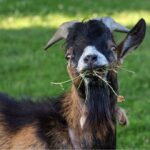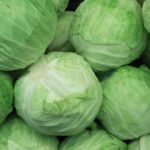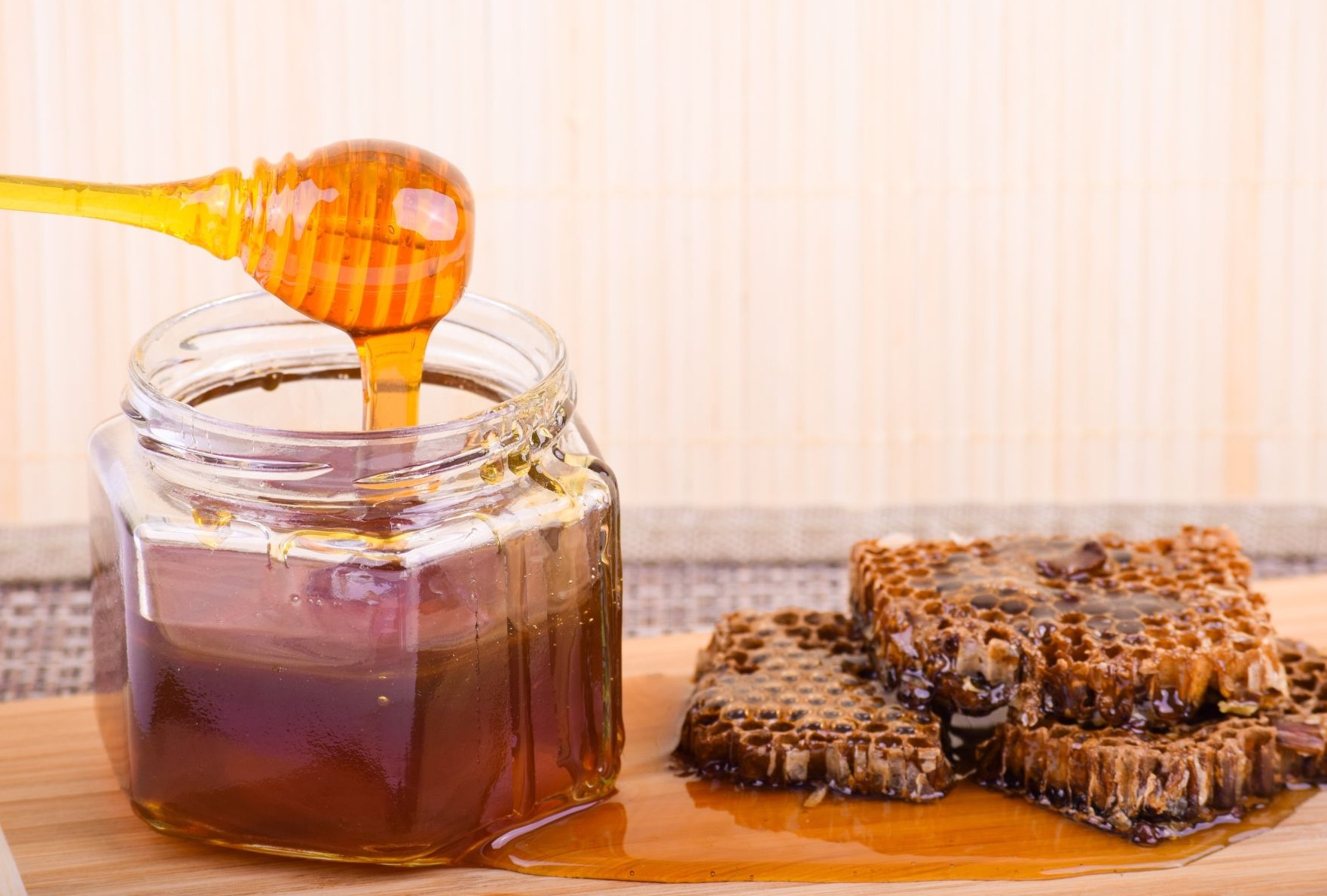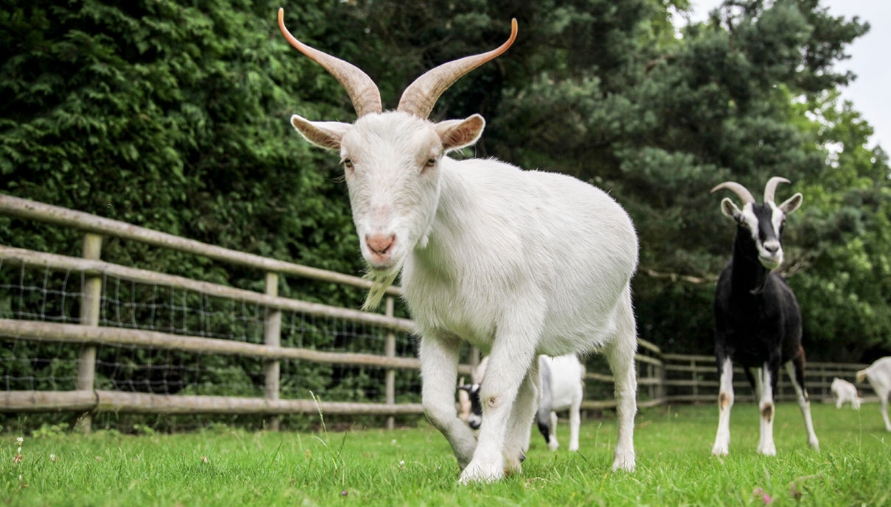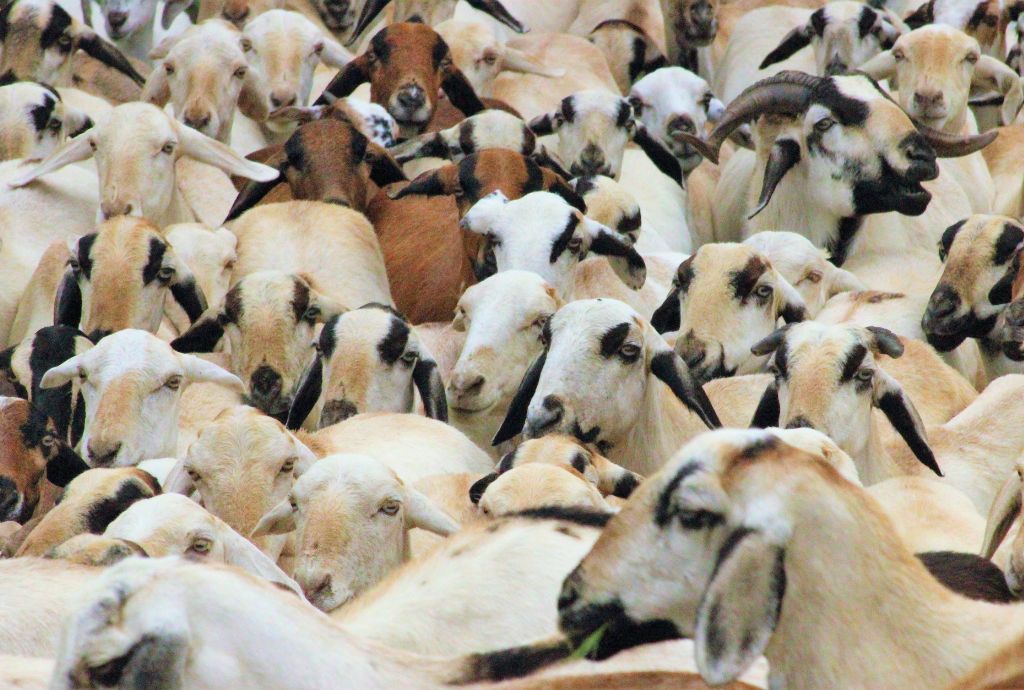
Goats are known for their diverse and sometimes peculiar eating habits. These hardy animals often graze on a wide variety of plants, shrubs, and even trees. As a goat owner, it’s important to understand what foods are safe and beneficial for your herd. One question that frequently arises is, “Can goats eat pumpkin?” This question becomes especially relevant during the fall harvest season when pumpkins are abundant. In this comprehensive article, we will delve into the nutritional benefits, potential risks, and practical feeding tips for incorporating pumpkin into your goats’ diet.
Pumpkins, often associated with Halloween and autumnal decorations, are not just festive ornaments. They are packed with nutrients that can be advantageous for both humans and animals. Goats, being opportunistic feeders, may be intrigued by these vibrant orange fruits. However, before you start offering pumpkins to your goats, it’s crucial to understand the specifics of how pumpkins affect their health and well-being. This guide will provide you with detailed insights into feeding pumpkins to goats, ensuring that your herd remains healthy and thriving.
Table of Contents
Nutritional Benefits of Pumpkins for Goats
Pumpkins are rich in essential vitamins and minerals that can enhance the overall health of your goats. They are an excellent source of beta-carotene, which converts into vitamin A, crucial for maintaining healthy vision, skin, and immune function. Additionally, pumpkins contain vitamins C and E, as well as various B vitamins, which contribute to the goats’ metabolic health.
Vitamins and Minerals
Pumpkins are also packed with important minerals such as potassium, which helps in maintaining proper electrolyte balance and muscle function. Magnesium and iron, found in pumpkins, play significant roles in metabolic processes and oxygen transport within the blood, respectively. These nutrients collectively support the overall vitality of goats, promoting growth and reproductive health.
Fiber Content
The high fiber content in pumpkins aids in proper digestion, preventing issues like bloating and constipation. Fiber is essential for maintaining a healthy digestive system in goats, as it facilitates regular bowel movements and ensures the efficient breakdown of food. Including fiber-rich foods like pumpkin in their diet can contribute to better gut health and improved nutrient absorption.
Potential Risks of Feeding Pumpkins to Goats
While pumpkins offer numerous health benefits, it’s important to be aware of the potential risks associated with feeding them to goats. One of the primary concerns is the introduction of moldy or spoiled pumpkins, which can lead to digestive disturbances and other health issues.
Mold and Spoilage
Pumpkins that have been left out for extended periods or stored improperly can develop mold, which is harmful to goats. Moldy pumpkins can cause digestive upset, including diarrhea and colic. It’s essential to inspect pumpkins thoroughly before feeding them to your goats, ensuring they are fresh and free from mold.
Overfeeding
Another risk is overfeeding pumpkins, which can lead to imbalances in the diet. While pumpkins are nutritious, they should be given in moderation. Excessive consumption can result in digestive problems such as diarrhea due to the high water and fiber content. It’s crucial to balance their diet with other forages and grains to maintain optimal health.
How to Feed Pumpkins to Goats
Introducing pumpkins to your goats’ diet should be done gradually. Start by offering small amounts and observe how they respond. Here are some practical tips for feeding pumpkins to goats.
Preparation
Before feeding, wash the pumpkins thoroughly to remove any dirt or pesticides. Cut the pumpkins into manageable pieces, making it easier for the goats to eat. You can leave the skin on, as it is safe and nutritious, but remove the seeds if you are concerned about potential choking hazards.
Frequency and Quantity
Feed pumpkins as a treat or supplement, not as a primary food source. A few pieces per goat, a couple of times a week, is sufficient. Monitor their health and digestion to ensure they are tolerating the pumpkins well.
Storage
Store pumpkins in a cool, dry place to prevent spoilage. If you have a large supply, consider cutting and freezing portions to extend their availability throughout the year.
In conclusion, pumpkins can be a nutritious and enjoyable addition to your goats’ diet when fed correctly. By understanding the benefits and potential risks, you can make informed decisions that contribute to the health and well-being of your herd.
Alternative Pumpkin Products for Goats
In addition to fresh pumpkins, there are various pumpkin products available that can be included in your goats’ diet. These alternatives can provide similar nutritional benefits and may be more convenient, especially during times when fresh pumpkins are not readily available.
Canned Pumpkin
Canned pumpkin, particularly the pureed variety without added sugars or spices, can be an excellent option for goats. It retains most of the nutritional benefits of fresh pumpkin and can be easily mixed into other feeds. Be sure to check the ingredients to avoid any harmful additives.
Pumpkin Seeds
Pumpkin seeds are another valuable component that can be beneficial for goats. They are rich in healthy fats, protein, and essential minerals such as zinc and magnesium. However, like fresh pumpkins, pumpkin seeds should be given in moderation to avoid any digestive issues. Roasted or raw pumpkin seeds, without salt or seasoning, are the best choices.
Dried Pumpkin
Dried pumpkin pieces or flakes can be a convenient alternative, especially during the off-season. They are easy to store and can be rehydrated before feeding or offered as a crunchy treat. Dried pumpkin retains most of the nutrients found in fresh pumpkins and can be a valuable addition to the goats’ diet.
Incorporating Pumpkin into a Balanced Diet
While pumpkins can be a nutritious treat, it is essential to maintain a balanced diet for your goats. Pumpkins should complement other primary food sources such as hay, grains, and a variety of forages. Here’s how to ensure a well-rounded diet for your herd.
Hay and Forage
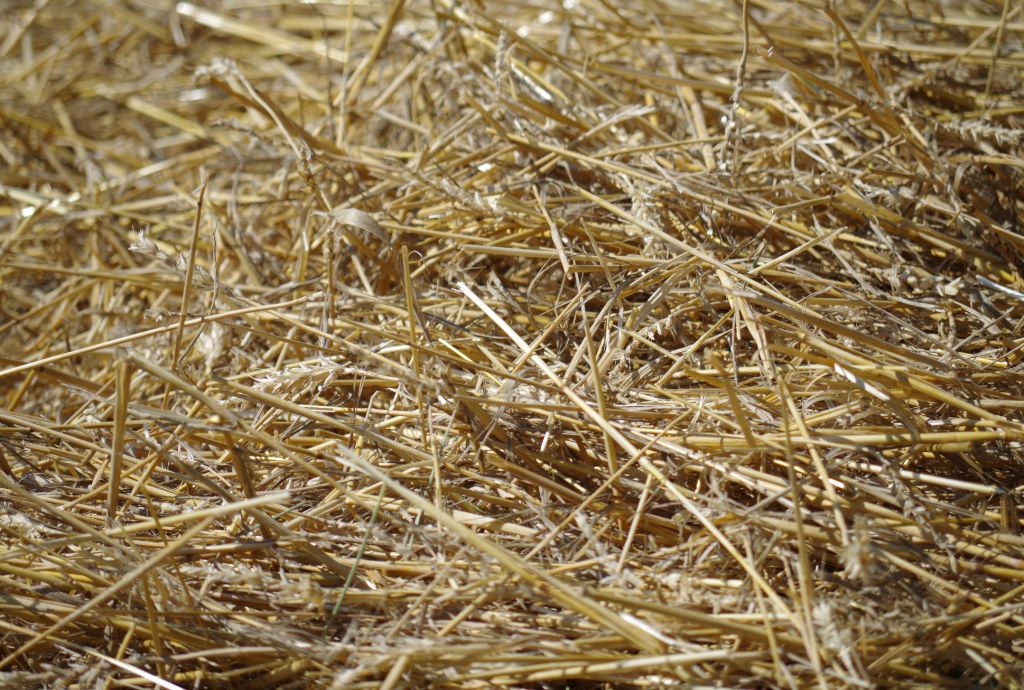
The bulk of a goat’s diet should consist of high-quality hay and forage. These provide essential fiber and nutrients that are crucial for digestive health. Alfalfa, clover, and various grasses are excellent choices. Pumpkins can be added as a supplemental treat, enhancing the overall diet.
Grains
Grains, such as oats, barley, and corn, provide additional energy and are particularly important for lactating goats, growing kids, and those in late pregnancy. While pumpkins are nutritious, they do not replace the need for grains in a balanced diet. Ensure that grains are fed in appropriate quantities to meet the energy needs of your goats.
Minerals and Supplements
A complete diet also includes essential minerals and vitamins that may not be fully provided by forage and grains. Providing a mineral block or supplement designed for goats ensures they receive necessary nutrients like calcium, phosphorus, and selenium. Pumpkins can contribute to this nutritional profile but should not be the sole source of vitamins and minerals.
Observing and Adjusting
As with any dietary change, it’s crucial to monitor your goats’ health and behavior when introducing pumpkins. Look for signs of digestive issues such as diarrhea, bloating, or changes in appetite. If any adverse effects are observed, reduce or eliminate pumpkins from their diet and consult with a veterinarian if necessary.
Gradual Introduction
Introduce pumpkins gradually, starting with small amounts and increasing slowly. This allows the goats’ digestive systems to adjust and helps prevent any potential adverse reactions. A gradual introduction also makes it easier to identify any individual goats that may have sensitivities or preferences.
Seasonal Variations
Adjust the quantity and frequency of feeding pumpkins based on the season and availability. During the fall, when pumpkins are plentiful, they can be a more regular treat. In other seasons, rely more on other nutritious treats and supplements to maintain variety in the diet.
Conclusion
Incorporating pumpkins into your goats’ diet can offer numerous nutritional benefits and add variety to their feeding regimen. Pumpkins are rich in essential vitamins, minerals, and fiber, all of which contribute to the overall health and well-being of your herd. However, it’s important to feed pumpkins in moderation and as part of a balanced diet to avoid any potential health risks. By following these guidelines and observing your goats’ responses, you can safely include pumpkins as a healthy treat for your goats throughout the year.
